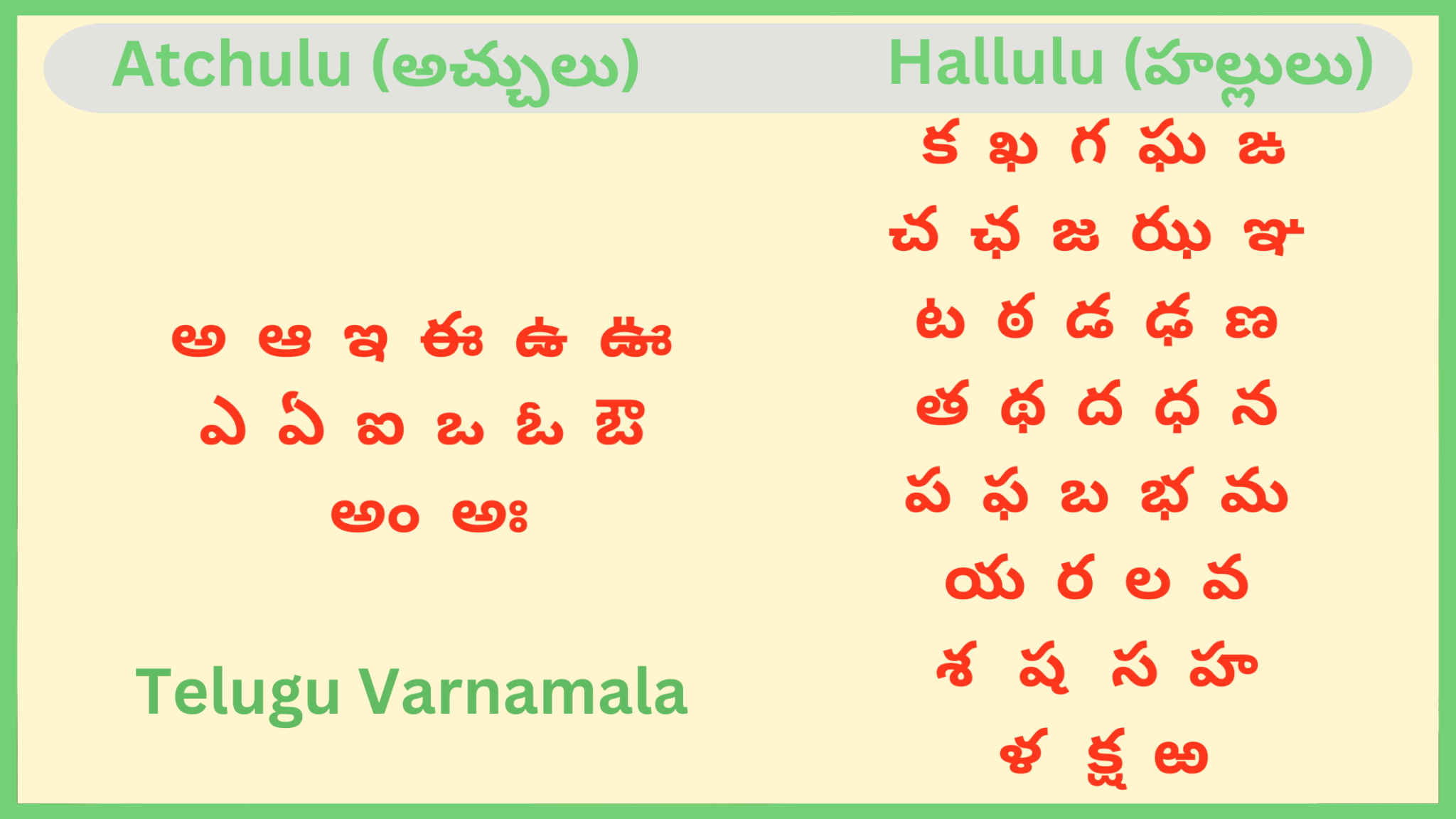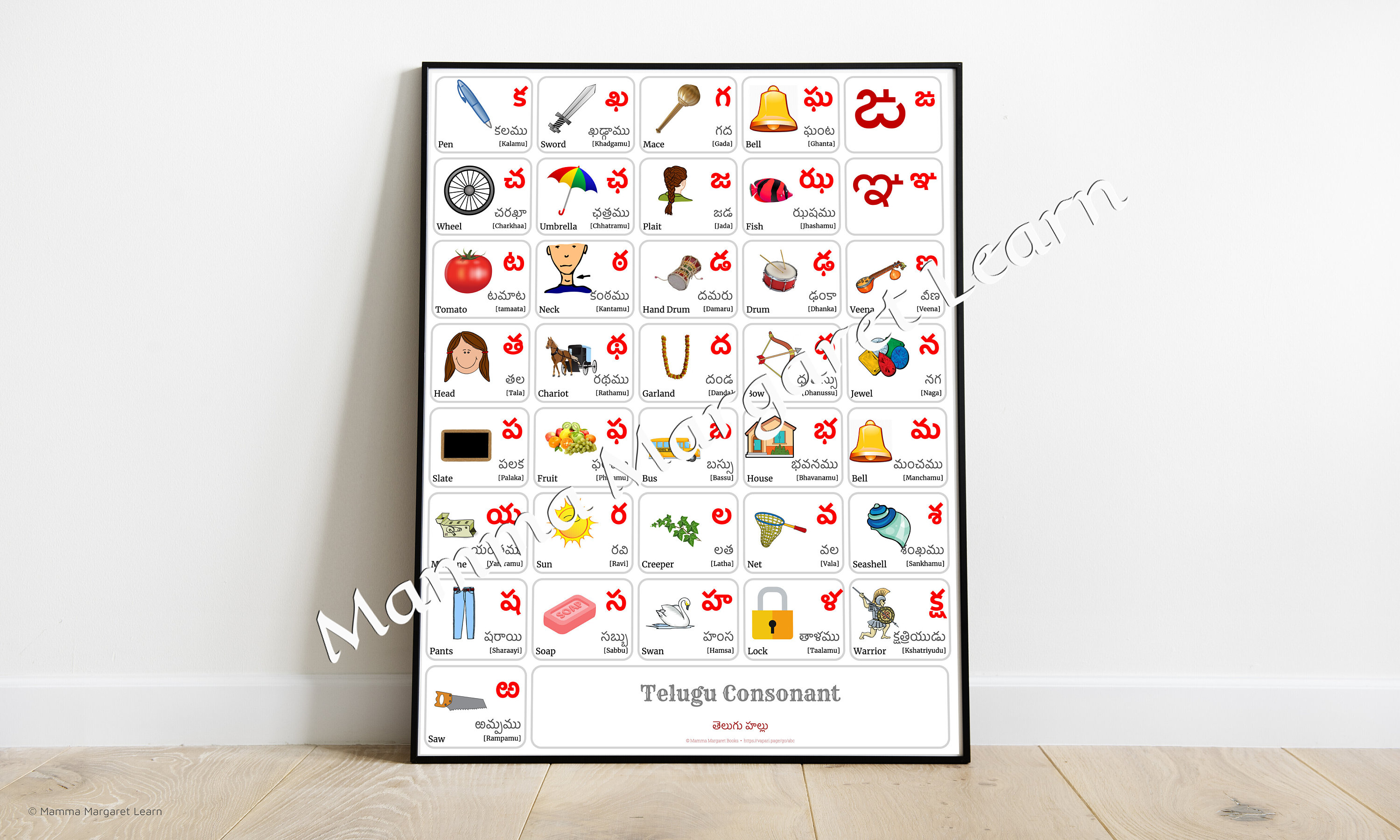Telugu: The Vibrant Language That's Capturing Hearts Across India
Have you ever wondered why Telugu is often called the "Italian of the East"? Well, buckle up because we're diving deep into the fascinating world of this beautiful language. Telugu isn't just another tongue spoken in India; it's a cultural treasure that carries with it centuries of history, art, and tradition. From its melodic sounds to its rich literary heritage, Telugu has carved out a special place in the hearts of millions. So, let's get started and explore why this language is making waves not just in Andhra Pradesh and Telangana, but across the globe.
Telugu is more than just a language; it's a bridge that connects people from different walks of life. Whether you're a language enthusiast, a history buff, or simply someone curious about the diverse cultures of India, Telugu has something to offer. It's a language that speaks volumes about the vibrant tapestry of South India and its contributions to the world.
As we embark on this journey, you'll discover why Telugu is often regarded as one of the most beautiful languages in the world. Its rich vocabulary, complex grammar, and soulful poetry make it a linguistic gem worth exploring. So, whether you're a beginner or already fluent, this article will give you a fresh perspective on why Telugu continues to thrive in modern times.
Read also:Katharine Mcphee Nude Unveiling Facts Myths And The Spotlight
The Origins and Evolution of Telugu
Telugu's roots can be traced back to the ancient Dravidian languages, making it one of the oldest languages in India. It's believed that the language has been evolving for over 2,000 years, and its script was standardized during the reign of the mighty Chalukya dynasty. But hey, don't let the history lesson scare you—Telugu's evolution is as exciting as any good story!
Over the centuries, Telugu has absorbed influences from Sanskrit, Urdu, and even English, which has enriched its vocabulary and made it more versatile. This adaptability is one of the reasons why Telugu continues to thrive in a rapidly changing world. Plus, its unique script, which is both elegant and practical, sets it apart from other languages in the region.
Why Telugu is Called the "Italian of the East"
Ever heard someone say that Telugu sounds like music? Well, they're not wrong! The language is known for its melodic intonation and rhythmic flow, which is why it's often compared to Italian. Both languages share a similar emphasis on vowel sounds, making them a pleasure to listen to. It's no wonder that Telugu poetry and music have captivated audiences for centuries.
But it's not just about how it sounds. Telugu literature is a treasure trove of epic poems, plays, and philosophical works that have influenced generations of writers and thinkers. From the ancient classics to modern-day bestsellers, Telugu literature continues to inspire and entertain.
Telugu in Modern Times
Fast forward to today, and Telugu is thriving like never before. With over 80 million speakers, it's one of the most widely spoken languages in India. But what makes Telugu so special in the 21st century? For starters, it's a language that embraces change while staying true to its roots. Whether it's through social media, films, or technology, Telugu is finding new ways to connect with people.
Let's not forget the booming Telugu film industry, often referred to as Tollywood. With blockbuster movies and iconic songs, Telugu cinema has captured the hearts of audiences worldwide. And with the rise of streaming platforms, Telugu films are reaching a global audience like never before.
Read also:Adriana Olivarez Nude The Truth Behind The Viral Sensation
Key Stats About Telugu Speakers
- Over 80 million native speakers
- Spoken primarily in Andhra Pradesh and Telangana
- Recognized as an official language in India
- One of the 22 scheduled languages in the Indian Constitution
These numbers speak volumes about the language's popularity and significance. Telugu isn't just surviving; it's thriving in a world that's increasingly connected.
Why Learn Telugu?
If you're thinking about learning a new language, Telugu should definitely be on your list. But why, you ask? For starters, it opens up a world of opportunities, from business to culture. With India's economy growing rapidly, knowing Telugu can give you a competitive edge in the job market. Plus, it's a great way to connect with millions of people who call Telugu their mother tongue.
And let's not forget the cultural aspect. Learning Telugu means diving into a rich tapestry of traditions, festivals, and art forms that are unique to the region. Whether it's the vibrant festivals like Sankranti or the soulful music of Carnatic concerts, Telugu culture has something for everyone.
Top Reasons to Study Telugu
- Access to a rich literary tradition
- Opportunities in the booming film industry
- Connections to a thriving business community
- Appreciation of South Indian culture
So, if you're ready to expand your horizons, Telugu is the perfect language to start with.
Common Misconceptions About Telugu
Let's address the elephant in the room: there are plenty of myths and misconceptions about Telugu that need to be debunked. For instance, some people think it's a difficult language to learn, but that couldn't be further from the truth. With the right resources and mindset, anyone can master Telugu. Plus, its logical structure and consistent grammar rules make it easier to learn than you might think.
Another misconception is that Telugu is only spoken in rural areas. While it's true that the language has deep roots in the countryside, it's also widely spoken in urban centers and among the global Telugu diaspora. In fact, Telugu communities can be found all over the world, from the United States to the Middle East.
How to Debunk Telugu Myths
- Engage with native speakers
- Explore Telugu media and literature
- Join language exchange programs
- Attend cultural events
By immersing yourself in the language and culture, you'll quickly realize that Telugu is a language that's both accessible and rewarding.
Telugu in the Digital Age
With the rise of technology, Telugu has embraced the digital world with open arms. From social media platforms to language learning apps, there are plenty of resources available for those looking to learn or improve their Telugu skills. Plus, the language's growing presence online means that Telugu content is more accessible than ever before.
One of the coolest things about Telugu in the digital age is how it's being used to preserve and promote traditional culture. Whether it's through YouTube channels, podcasts, or online communities, Telugu speakers are finding innovative ways to keep their language alive and relevant.
Best Digital Resources for Learning Telugu
- Language learning apps like Duolingo and Babbel
- Telugu YouTube channels and podcasts
- Online forums and discussion groups
- Digital libraries and e-books
So, whether you're a tech-savvy millennial or a traditionalist at heart, there's something for everyone in the world of digital Telugu.
Challenges Facing the Telugu Language
Despite its popularity and rich history, Telugu isn't without its challenges. One of the biggest hurdles is the growing influence of English and other global languages, which can sometimes overshadow local tongues. However, the good news is that there's a growing movement to preserve and promote Telugu, both in India and abroad.
Efforts are being made to include Telugu in school curriculums, promote it in media, and support initiatives that celebrate its cultural significance. These efforts are crucial in ensuring that Telugu continues to thrive in a rapidly changing world.
How You Can Support Telugu
- Learn and teach Telugu to others
- Support Telugu media and content creators
- Participate in cultural events and festivals
- Advocate for language preservation programs
By taking these steps, you can help ensure that Telugu remains a vibrant and relevant language for generations to come.
Telugu's Influence on Global Culture
While Telugu may be rooted in South India, its influence extends far beyond the region. From Bollywood collaborations to international film festivals, Telugu cinema has made a significant impact on global culture. And it's not just about movies; Telugu music, literature, and art are also gaining recognition worldwide.
This growing influence is a testament to the language's richness and diversity. Whether it's through collaborations with international artists or the promotion of Telugu culture in global forums, the language is making its mark on the world stage.
Examples of Telugu's Global Impact
- Telugu films winning international awards
- Telugu music featured in global playlists
- Telugu literature translated into multiple languages
- Telugu festivals celebrated worldwide
These examples highlight the language's ability to transcend borders and connect people from different cultures.
Conclusion: Embrace the Beauty of Telugu
In conclusion, Telugu is more than just a language; it's a cultural phenomenon that continues to inspire and captivate people around the world. From its ancient roots to its modern-day relevance, Telugu has proven time and again that it's a language worth celebrating.
So, what are you waiting for? Whether you're a language enthusiast, a cultural explorer, or simply someone curious about the world, Telugu has something to offer you. Dive in, explore, and discover the beauty of this incredible language. And don't forget to share your newfound knowledge with others—because the more people know about Telugu, the better!
Call to Action
We'd love to hear from you! If you've enjoyed this article, feel free to leave a comment, share it with your friends, or explore more content on our website. Together, let's celebrate the richness and diversity of languages like Telugu that make our world a more vibrant place!
And remember, the beauty of language lies in its ability to connect us all. So, let's keep the conversation going and spread the word about the wonders of Telugu!
Table of Contents
- The Origins and Evolution of Telugu
- Why Telugu is Called the "Italian of the East"
- Telugu in Modern Times
- Why Learn Telugu?
- Common Misconceptions About Telugu
- Telugu in the Digital Age
- Challenges Facing the Telugu Language
- Telugu's Influence on Global Culture
- Conclusion: Embrace the Beauty of Telugu
- Call to Action



